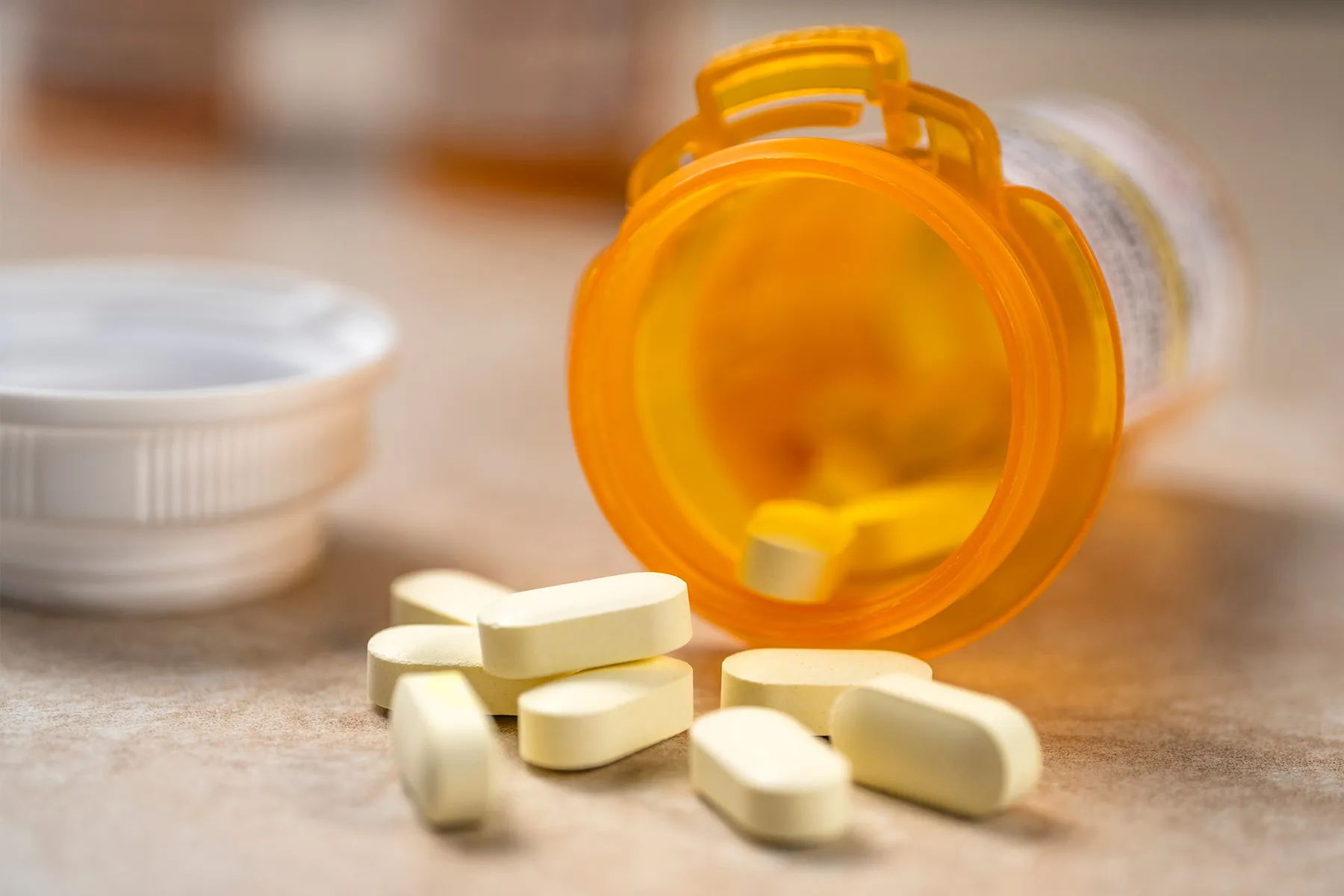Like many people, you may not know how much a prescription costs until you get to the pharmacy. When you pick it up, you might be shocked by the high price.
Your doctor may prescribe a medication without knowing the out-of-pocket cost or whether your insurance will cover it. That’s why it’s smart to talk to your doctor if you think your medicine is too expensive.
“High prescription costs may not be on your doctor’s mind while prescribing certain medications,” says Kyle Manera, an executive with Co-Immunity, a patient organization in Wichita, KS, for people with chronic illnesses. Unless you bring it up, he says, you may end up with a prescription that costs more than you expect.
How Your Doctor Can Save You Money
In a recent survey, about 67% of people who talked to their doctors about prescription costs said they were able to find a less expensive drug.
“Doctors can help by prescribing generic versions of medications, 90-day supplies, or larger dosages that can be split into the correct dose,” Manera says. “They may also be aware of different pharmaceutical programs that are there to help lower the cost of your prescriptions.”
Here are some ways your doctor can help lower your costs.
Prescribe a generic. Ask your doctor to prescribe a generic form of medication, if one is available for the drug you need. Generics have the same active ingredients as brand-name medications. And like brand-name medications, they’re regulated by the FDA.
Using a generic form of medication can save a lot of money. It may cost up to 85% less than a brand-name version of the same drug.
Change your dosage. The cost of certain pills may be the same no matter the dosage. Ask your doctor if it’s OK to pay for a higher dose, then split the pills in half. For example, if your doctor recommends 25 milligrams per day, ask if they can prescribe 50 milligrams and you take half a pill a day. Many pills are even designed with a notch that helps you split them evenly.
This isn’t always a good idea for all prescriptions, Manera says. Some drugs, such as those with time-release formulas, don’t work the same when you split pills. Always clear this with your doctor first.
Change your medication. Ask your doctor if there’s a similar, less expensive drug available that does the same thing as the more expensive one. Different medications that treat the same condition may have very different costs.
You might be able to do without some medication. In a 2017 survey, 70% of people who talked to their doctors about prescription costs were able to forgo at least one of their medications. But never stop taking a drug you’re prescribed without talking to your doctor first.
Ask for a 90-day supply. One of the best ways to save money is to order a 90-day supply of your medication. You often pay less per dose when you buy a larger amount. This tactic may work well for a drug you take on a long-term basis.
“Purchasing a 90-day supply may be a little more up front, but over 3 months, it can save you a lot of money,” Manera says.
You can try a mail-order pharmacy that delivers a 90-day supply directly to your home. Some retail pharmacies also offer the option of a 90-day-supply.
Making fewer visits to the pharmacy can also save you time.
Use coupons. Ask your doctor if they have coupons available. Doctors often receive coupons from drugmakers. They may be for name-brand prescription medications or over-the-counter drugs.
How to Talk to Your Doctor About Prescription Costs
A recent survey suggests that most doctors don’t talk about prescription costs with their patients. If you don’t usually talk about medication costs with your doctor, you may need to start the conversation.
You could feel awkward or embarrassed at first. If your appointments are rushed, you may feel like there’s not enough time. But talking about your concerns, especially if you’re struggling with prescription costs, helps them understand your needs and give you better care.
“Medical providers are there to help you, not to judge,” Manera says. Having more affordable medications can help you stay on track and keep you healthy.
Before your visit, make a plan to bring up the topic of drug costs.
“Bring an agenda or list of concerns to your appointment to ensure that you talk about everything you’re worried about, including prescription costs,” Manera says.
Ask your doctor to review your current prescriptions and see if there are ways you can save money. Let them know if any of your medications aren’t covered by your insurance plan, or if your copay is unaffordable.
Ask questions like:
- Do you know the cost of this medication?
- Do I need to keep taking the medication I’m currently taking?
- Do I need the new medication you’re prescribing?
- Is there a less expensive drug that may work just as well?
- Is there a generic version of this medication?
- Do you have coupons for this medication?
- Can you prescribe a medication that has a coupon and will work just as well?
- Do you have any samples of this medication?
- Can I get a higher dose of this medication, then cut it in half?
- Can you prescribe a 90-supply?
By helping you save money, your doctor can help you stay healthy.
https://img.wbmdstatic.com/vim/live/webmd/consumer_assets/site_images/article_thumbnails/other/prescription_pill_bottle_other/1800x1200_prescription_pill_bottle_other.jpg
2023-12-05 18:50:23





